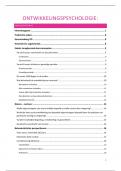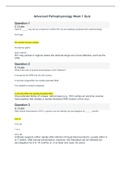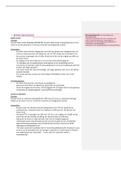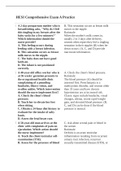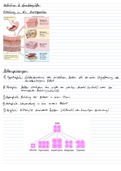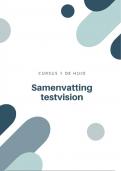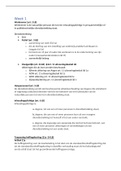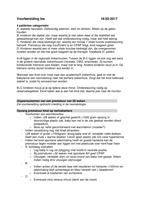Essay
IB History paper 2 - Great Northern War
- Module
- IB History
- Institution
- Peter Symonds College Winchester
Paper 2 topic "Early Modern Wars" looking at Great Northern War, and the impact of individuals like Charles XII and Peter the Great in its events and outcomes.
[Show more]




